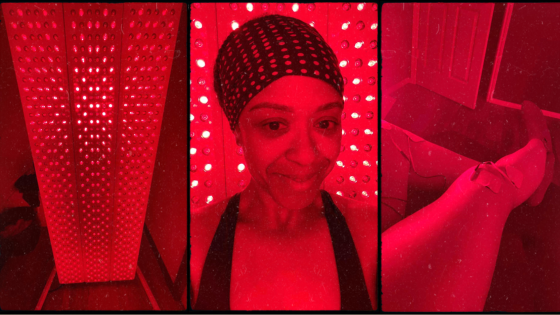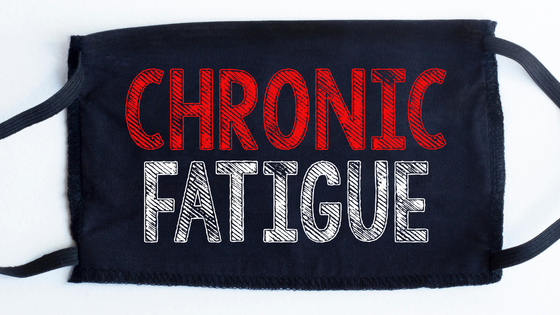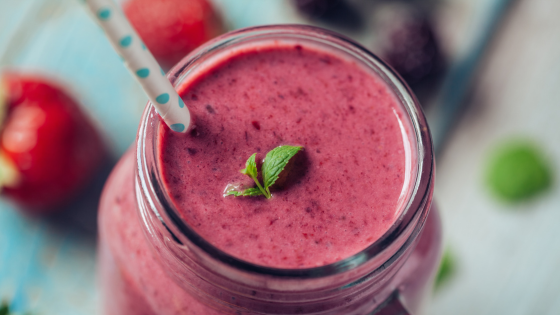How Melatonin Impacts Your Sleep
There is very little worse than when you are exhausted but your brain is still going a million miles an hour. All you want to do is sleep, but your body refuses to calm down. You lie in bed, eyes closed, and sleep just beyond reach.
Melatonin is a chemical in your body that is responsible for regulating your sleep cycle. Your pineal gland is responsible for producing that melatonin. Each night your body produces approximately 25mcg of melatonin to promote a peaceful and restful sleep. Studies have shown that this amount gradually decreases as we age, which may explain why toddlers and youth require more sleep at night than adults.
You can help regulate your sleep and promote more relaxed, restful sleep by helping your body produce melatonin when you need it. If you are having trouble sleeping, try a few of these tips before you turn to medication. Click To TweetTips for Better Sleep
- Say “no” to electronic devices and gadgets
The blue light produced by our phones, laptops, TVs, and tablets may be counteracting your body’s attempts to produce melatonin. Instead of checking your phone or social media accounts before going to bed, read, journal, or even color. These activities are much less stimulating than electronic devices, allowing your brain to start shutting down and encouraging your body to start producing melatonin for the night ahead. If you need to be on your screen before bed, try wearing blue-light glasses that block this specific light from reaching your eyes. - Shower or take a relaxing bath
Warm water relaxes tense muscles and refreshes your mind. According to research by Loughborough University in Leicester, the relaxing effect of taking a bath before going to bed helps increase the production of melatonin in your body. This is because taking baths and showers reduces the level of the stress hormone cortisol in your body, allowing your body to produce melatonin instead.
- Block all sources of light
Pull all the curtains, shut all the blinds, turn off all the lights. Make your room completely dark. Even the smallest amount of light can disrupt your sleeping and melatonin production. Blocking out all the sources of light while sleeping will significantly boost the melatonin in your body, help regulate your sleeping patterns and promote deep sleep so that you wake you up happy and well rested. - Exercise regularly.
We know that exercising is important for your physical health, but it also improves your sleep quality. Not only does it help you burn off some energy so you will feel more tired, but it also decreases feelings of anxiety and depression, which may be keeping you up at night. People who exercise regularly report that it takes less time to fall asleep than those who don’t exercise. - Create a relaxing sleeping environment.
Your bedroom should promote feelings of calm and comfort. Clean your bedsheets and change your pillowcases often. Make sure that your bedroom isn’t too hot or cold and that there’s no harsh light coming in. You can also put on an essential oil diffuser or play some relaxing music to help you wind down before bed.
- Get at least 7 hours of sleep each night.
Many of us aren’t sleeping enough, especially on the weekdays. Then, when we have a day off or the weekend comes, we sleep in and make up for those lost hours. While catching up on sleep does help us feel re-energized, it also messes up our sleep schedule and makes it more difficult for our bodies to create a natural sleep-wake cycle. Going to bed and waking up around the same time each day creates a sleep schedule that your body will get accustomed to. - Build a night routine.
Having a consistent nightly routine will help notify your body that it’s time to sleep. Create a routine that you do each night that enables you to relax and get ready for bed, such as reading, having a cup of tea, doing your skincare routine, or taking a shower. This not only helps you relax and wind down from your day, but it also notifies your body that it’s time to sleep. Consistency is key for fixing your body’s natural sleep-wake cycle and, therefore, improving your overall quality of sleep. - Focus on your diet
Your diet plays a huge role in your body’s sleeping habits. Studies have shown that reducing or eliminating caffeine and processed foods has a hugely positive impact on your amount and quality of sleep. It is also helpful to avoid trying to sleep on a very empty or very full stomach; both can leave your body focused on processes other than sleep. A light snack or a warm cup of tea just before bed can help calm hunger pangs without overtaxing your body.
Foods to Help You Sleep
- Chamomile
Because chamomile tea actually has melatonin in it, it is a popular sleep-inducing tea that helps eliminate stress and anxiety. Before you go to bed, take a moment to sip a warm cup of chamomile herbal tea to relax, unwind and de-stress to prepare for restful sleep. - Pistachios
Pistachios are not only tasty, but they are a jackpot for sleep. They are jampacked with magnesium, protein, and vitamin B6, which have a major role in inducing sleep. Consuming a healthy amount of pistachios before going to bed will knock you out like nothing else. You can eat them raw or add them to a glass of warm milk. However, more than one ounce of pistachios will have a reverse effect on your body; eat in moderation to avoid exacerbating your sleep issues. - Fruits
Fruits that contain fructose can promote sleep, so before going to bed, you snack on some berries and fruits that are sweet in taste. - Tart cherry juice
This juice contains high levels of melatonin, which is responsible for inducing sleep in your body. It can improve the quality of your sleep by regulating your body’s sleep cycles. A study conducted by Louisiana State University found that by insomniacs who drank tart cherry juice increased their sleep time by 90 minutes! - Bananas
This fruit is a powerhouse of magnesium and potassium, which serve as natural sleep aids for your body. If you are feeling wide awake at late into the night, try a banana or two to get yourself to sleep. You can even whip yourself up a thick sugar-free banana shake before you go to bed. - Walnuts
Walnuts contain an amino acid called tryptophan that helps induce and enhance. This amino acid is responsible for the production of melatonin and serotonin, which improve the quality of our sleep by regulating the sleep cycles. The best part about walnuts is that they contain melatonin, so they are not only helping in the production of melatonin, but they add a little more to help you fall asleep even faster. - Pumpkin seeds
A cup of pumpkin seeds contains around 420 mg of magnesium, which is the daily recommendation of the National Health Institute. Magnesium is also a sleep-inducing agent for your body. If you cannot find pumpkin seeds, flaxseeds or sunflower seeds are great substitutions.
The search for the elusive “good night’s sleep” can be frustrating and exhausting. Before you reach for an over-the-counter sleep aid, try some of the natural remedies to get your body on the right path to sound sleep!
If you are looking for more tips and support, join me over on my group page, The Village – A Natural HEALing Community, to get tons of information and tips to help you take your HEALTHY EATING and ACTIVE LIVING to the next level.
HEAL GOOD. FEEL GOOD. DO GOOD.
[/et_pb_text][/et_pb_column][/et_pb_row][/et_pb_section]





+leave a comment . . .